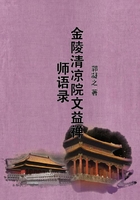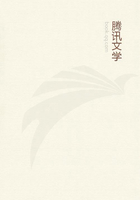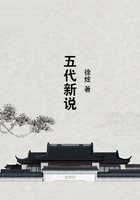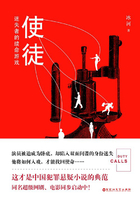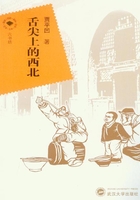The thing is strange enough, and has no parallel in all the rest of our practical knowledge.For the a priori thought of a possible universal legislation which is therefore merely problematical, is unconditionally commanded as a law without borrowing anything from experience or from any external will.This, however, is not a precept to do something by which some desired effect can be attained (for then the will would depend on physical conditions), but a rule that determines the will a priori only so far as regards the forms of its maxims; and thus it is at least not impossible to conceive that a law, which only applies to the subjective form of principles, yet serves as a principle of determination by means of the objective form of law in general.We may call the consciousness of this fundamental law a fact of reason, because we cannot reason it out from antecedent data of reason, e.g., the consciousness of freedom (for this is not antecedently given), but it forces itself on us as a synthetic a priori proposition, which is not based on any intuition, either pure or empirical.It would, indeed, be analytical if the freedom of the will were presupposed, but to presuppose freedom as a positive concept would require an intellectual intuition, which cannot here be assumed; however, when we regard this law as given, it must be observed, in order not to fall into any misconception, that it is not an empirical fact, but the sole fact of the pure reason, which thereby announces itself as originally legislative (sic volo, sic jubeo).
COROLLARY.
Pure reason is practical of itself alone and gives (to man) a universal law which we call the moral law.
REMARK.
The fact just mentioned is undeniable.It is only necessary to analyse the judgement that men pass on the lawfulness of their actions, in order to find that, whatever inclination may say to the contrary, reason, incorruptible and selfconstrained, always confronts the maxim of the will in any action with the pure will, that is, with itself, considering itself as a priori practical.Now this principle of morality, just on account of the universality of the legislation which makes it the formal supreme determining principle of the will, without regard to any subjective differentes, is declared by the reason to be a law for all rational beings, in so far as they have a will, that is, a power to determine their causality by the conception of rules; and, therefore, so far as they are capable of acting according to principles, and consequently also according to practical a priori principles (for these alone have the necessity that reason requires in a principle).It is, therefore, not limited to men only, but applies to all finite beings that possess reason and will; nay, it even includes the Infinite Being as the supreme intelligence.In the former case, however, the law has the form of an imperative, because in them, as rational beings, we can suppose a pure will, but being creatures affected with wants and physical motives, not a holy will, that is, one which would be incapable of any maxim conflicting with the moral law.In their case, therefore, the moral law is an imperative, which commands categorically, because the law is unconditioned; the relation of such a will to this law is dependence under the name of obligation, which implies a constraint to an action, though only by reason and its objective law; and this action is called duty, because an elective will, subject to pathological affections (though not determined by them, and, therefore, still free), implies a wish that arises from subjective causes and, therefore, may often be opposed to the pure objective determining principle; whence it requires the moral constraint of a resistance of the practical reason, which may be called an internal, but intellectual, compulsion.In the supreme intelligence the elective will is rightly conceived as incapable of any maxim which could not at the same time be objectively a law; and the notion of holiness, which on that account belongs to it, places it, not indeed above all practical laws, but above all practically restrictive laws, and consequently above obligation and duty.This holiness of will is, however, a practical idea, which must necessarily serve as a type to which finite rational beings can only approximate indefinitely, and which the pure moral law, which is itself on this account called holy, constantly and rightly holds before their eyes.The utmost that finite practical reason can effect is to be certain of this indefinite progress of one's maxims and of their steady disposition to advance.
This is virtue, and virtue, at least as a naturally acquired faculty, can never be perfect, because assurance in such a case never becomes apodeictic certainty and, when it only amounts to persuasion, is very dangerous.
VIII.THEOREM IV.
The autonomy of the will is the sole principle of all moral laws and of all duties which conform to them; on the other hand, heteronomy of the elective will not only cannot be the basis of any obligation, but is, on the contrary, opposed to the principle thereof and to the morality of the will.

